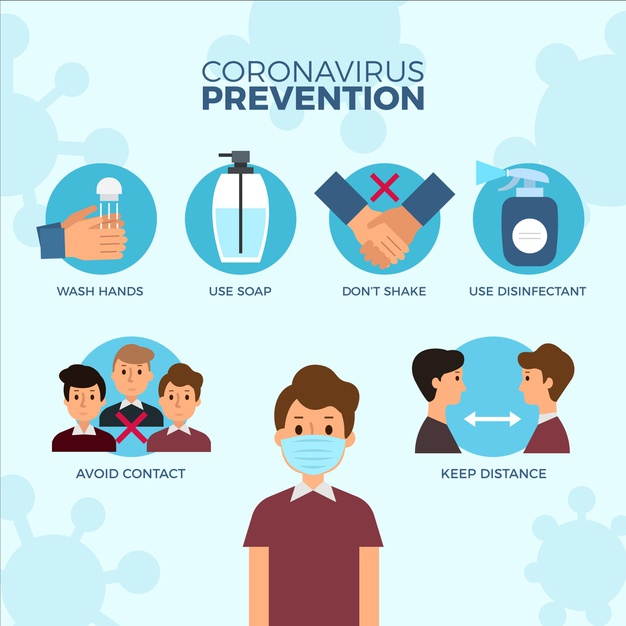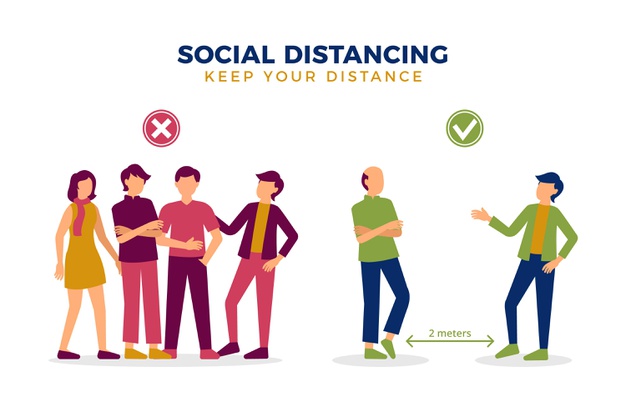Hi Simply Family,
The coronavirus continues to affect the world & companies are becoming more vigilant about protecting their business. Understandably, employers must worry that their employees are at risk of bringing the virus into the workplace due to exposure during holiday festivities.
But can employers require their employees to quarantine before going back to work? Maybe.
It's the most wonderful time of the year. However, COVID be damned, the CDC and local regulations recommend precautions.
As COVID-19 cases increase, we have implemented another extension of safety orders, travel restrictions, and gatherings.

With that in mind, employers & employees must review their state's public health orders. In case there are local restrictions in the area, you should comply and follow some important recommendations, such as:
- A local order that restricts or prohibits people from gathering outside their homes. Anyone who attended a gathering is required to quarantine for 14 days. When an employee knows that an employee has violated the order, they should not let the employee be present in the workplace within the quarantine period. Besides, the employer is not entitled to require or force the employee to report to work. However, the employee can make a work-from-home work arrangement.

- In NYS, a local ordinance prohibiting occasions or gatherings with more than ten people. The order does not mandate that those in attendance are required to quarantine for 14 days. However, an employer who knows an employee who has ignored the order can restrict the employee from coming to the workplace for 14 days.
- The CDC has stated, "small household gatherings are an important contributor to the rise in COVID-19 cases". They recommend that gatherings of more than ten individuals are prohibited to prevent the spread of the virus.
- Employees attending gatherings can pose a 'direct threat' to the entire workplace. "Direct threat" is a term defined and interpreted under the American's with Disabilities Act. Since the local order is not particularly requiring quarantine, implementing it will not pose a risk if questioned. However, a court may not agree with the employer's decision.
If there is no state mandate to quarantine, and an employer requires an employee to quarantine, what would be the impact?
There can be an adverse impact if the employer desires to stop an employee from reporting in the workplace. Of course, the employer must also establish that an employee is posing a direct threat.
If there are no public health rules and orders to serve as a basis, the employer must submit a different cause.
While a state court may have a different conclusion, explicit support for such a policy may cover the COVID-19 data for surrounding areas, local positivity rate, local case rate per 100,000 people, the CDC recommendations for small gatherings, and specific workplace considerations (e.g., social distancing and making follow-ups with those working remotely, etc.)
We highly advise employers not to monitor employee's off-duty behavior using social media, workplace issues, and gossip (quite Simply).
Instead, employers should encourage employees to undergo and complete a screening questionnaire asking for information about COVID-19 symptoms, their possible exposure to the virus, the gatherings that they have attended, as well as their recent travel. Employees who submitted false information on the questionnaire will face violations of the government policy and employee code of conduct.
Simply, it is always crucial for an employer to establish clear and effective communication with their employees regarding the implemented policies and orders. After all, it's all for the health and safety of the household and workplace members.
By Simply Team
POSTED IN health , employees , coronavirus , quarantine
With 0 COMMENTS


.svg)





